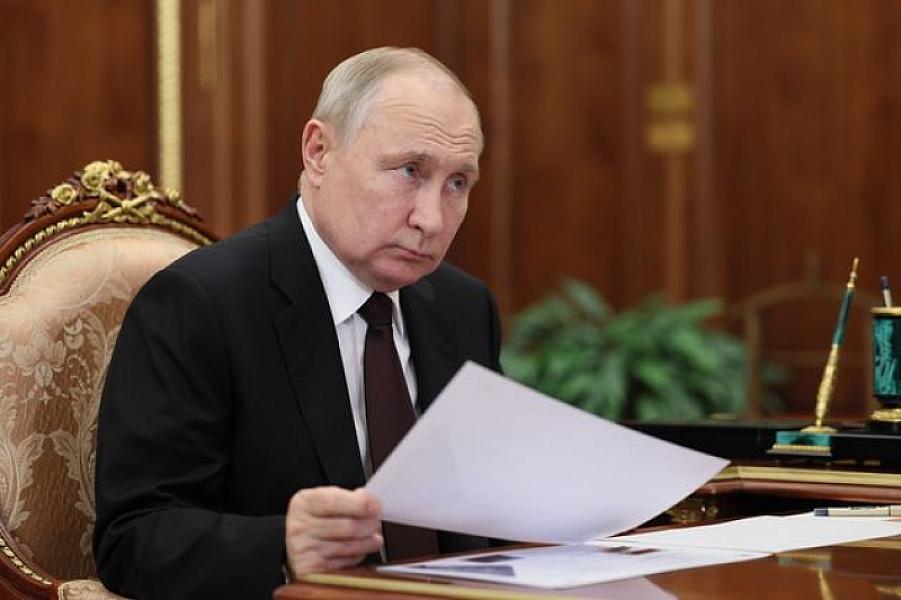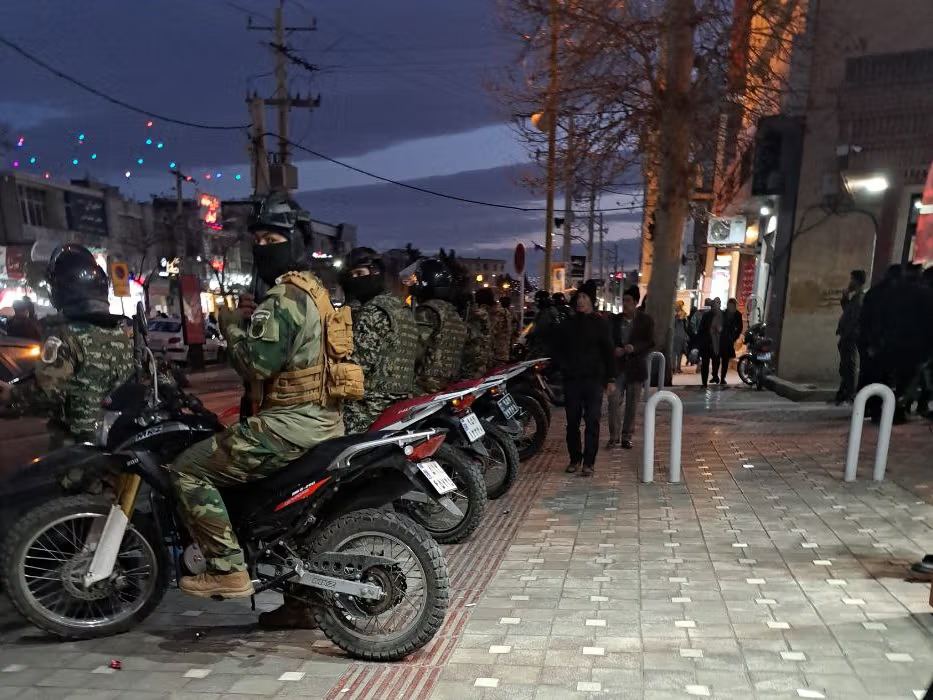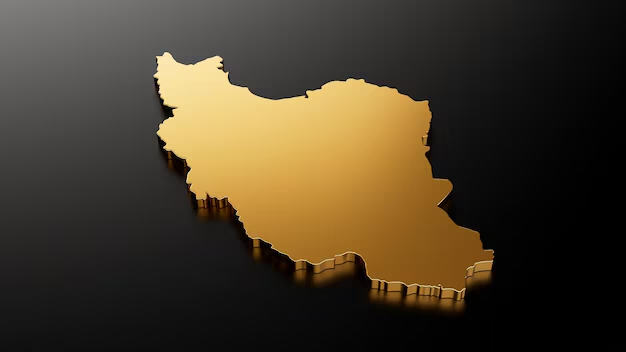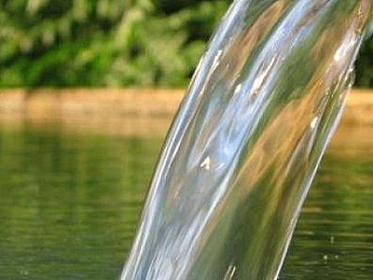The Deputy Prime Minister of Russia, Vitaly Savelyev, addressed President Vladimir Putin with a special letter.
According to Medianews.az, Savelyev stated to Putin that the project aiming to increase the depth of the Volga-Caspian Sea shipping canal from 4.2 meters to 4.5 meters over a 188-kilometer section is not efficient and proposed stopping the financing of the project.
The Deputy Prime Minister emphasized that the project is excessively expensive and that it is unnecessary to invest large sums of money in it at this time.
In a statement to Medianews.az regarding the issue, political analyst Aydin Guliyev said that the discussion concerns a project that Russia started implementing years ago to prevent the shallowing of the Caspian Sea: “It is thought-provoking why the Russian government is abandoning a project funded for years precisely now, and there is no doubt that geopolitical nuances lie behind this decision.
The issue is that the shallowing of the Volga-Caspian canal is a primary reason for the drying up of the Caspian Sea. The drying is progressing so rapidly that no one should doubt that the Caspian will drop by at least 1 meter by 2030. This means that the navigation of large cargo ships in the Caspian Sea will become impossible, because the shallowing of the Volga-Caspian canal makes it impossible for ships to enter this canal.
This implies that the development prospects of the Trans-Caspian corridors will gradually weaken.
The water shrinkage in the Caspian mainly occurs in the parts belonging to Russia and Kazakhstan. This means that the Aktau port in Kazakhstan, one of the key logistics centers, will begin to lose its significance.
If, at a time when new prospects are opening for Trans-Caspian transport routes, when new tripartite formats are being created, when Kazakhstan is considering exporting its oil westward through Baku, Russia is renouncing financing a large project, then the reason must be political and geopolitical.
Let me remind you that more than 100 rivers flow into the Caspian, the largest of which are the Volga, Kura, and Terek. 85 percent of the water comes from the Volga.”







